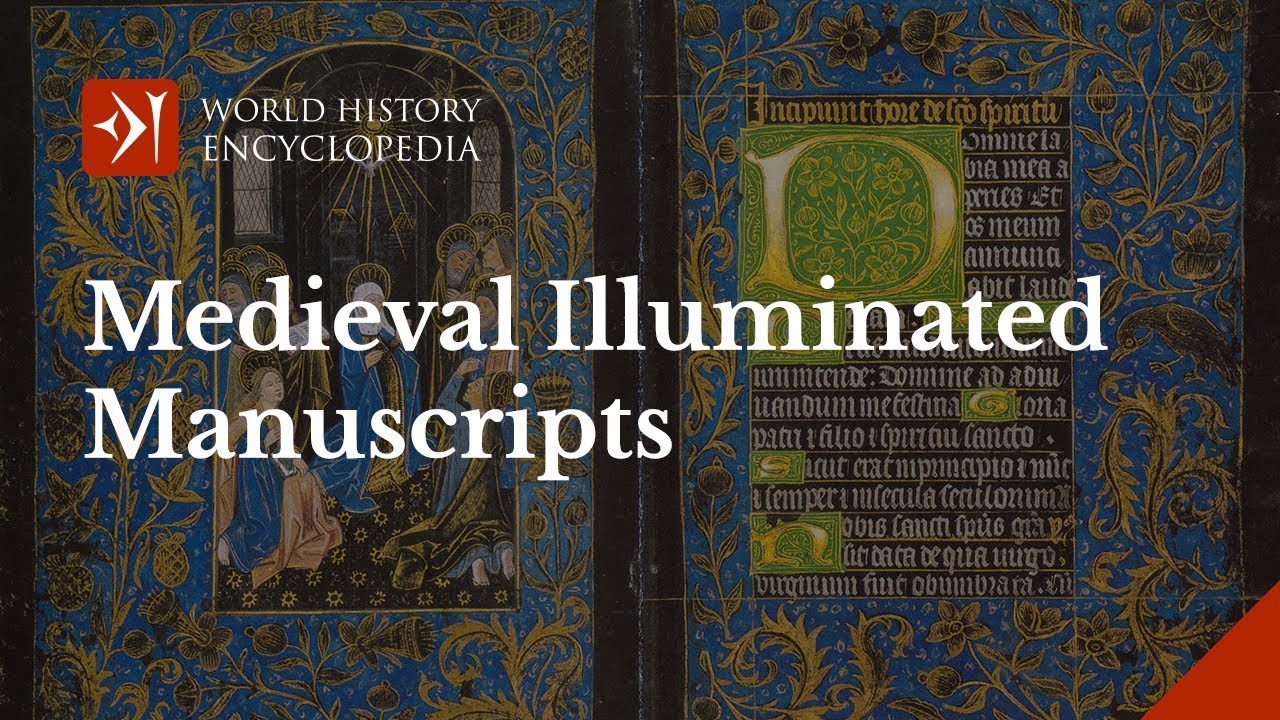Britain’s distance from Rome and its failure to become completely Latinized during antiquity allowed it to profit greatly from the double wave of Latin Christian missionaries—Celtic and papal—and so provide the needed stimulus for the Carolingian Latin literary revival.
But the thinness of the Latin veneer probably encouraged the Angles, Saxons, and Jutes to produce a literature in their own language (called Anglo-Saxon or Old English). Sometimes they were translators; Boethius’s Consolation of Philosophy was rendered into Old English, and King Alfred the Great himself translated Bede’s Ecclesiastical History. Sometimes they were original writers, setting down a group of proverbs or the life of a saint or a chronicle.
By far the most remarkable Old English literary survival is Beowulf, a poem of almost 3200 lines written down about the year 1000. It is clear that the poem was composed well before the date of the surviving manuscript, perhaps as early as about 680, perhaps as late as 800 or even later.
Until 1939 some scholars thought it had been composed in Northumbria, some in Mercia; but in that year a spectacular archaeological discovery at Sutton Hoo in Essex (East Anglia) turned up the ship- tomb of a king of the East Angles dating from the late seventh or early eighth century and containing a harp, jewels, and armor like those described in Beowulf, which also includes a description of a ship-funeral.
So now some scholars think the poem may be of East Anglian origin. the poem has been described as “a museum for the antiquarian, a source-book for the historian, a treatise for the student of Christian thought, and a gymnasium for the philologist.” It is, however, also unmistakably a poem meant for oral recitation.

